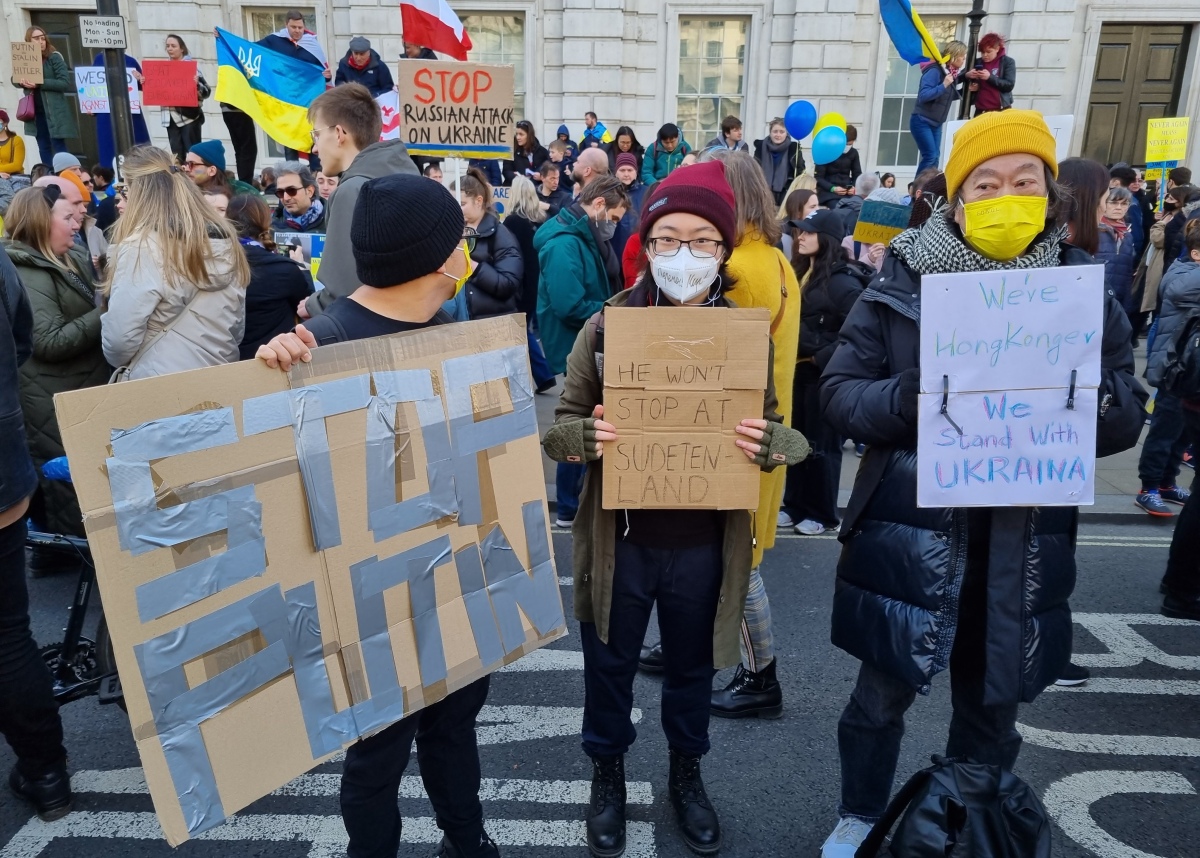
maiñ Burhan hūñ
yā maiñ us kī māñ hūñ
aur woh beTā merā hai
yā maiñ us kī mās hūñ
sadiyoñ se udās hūñ
sadiyoñ se udās hūñ
keh zulm-o-sitam ruktā nahīñ
Ghulāmī ka yeh bojh hai
keh kuchh bhī ho ghaTtā nahīñ
dard kī kāsini pāzeb hai
keh bajtī rahe
Khūn kā sailāb hai
keh āj bhī pur-zor hai, thamtā nahīñ
thamtā nahīñ hai Gham
woh Gham jo Ghulām qaumoñ kī mīrās hai
jo wadī-e-lolāb meñ bunī ik chādar hai
woh Gham jo Burhan ke jawān janāzeh se kayī zyādah girāñ hai
girāñ hai woh Khūñ jo uskī ragoñ meñ behtā thā
girāñ hai woh ‘ishq jo us ke dil meñ dhaRaktā thā
woh laKht-e-jigar hamārā hai
un sab māyoñ kī āñkh kā tārā hai
jo rāt bhar soyī nahīñ
soyī nahīñ haiñ rāt bhar
yeh mātamī rāt jo sadiyoñ sehr kī mutalāshī hai
magar yeh sehr hai keh dāGh dāGh ujālā hai
yeh sehr hai keh shabgazīdah, pā-bajaulāñ hai
is sehr ko shaffāf kar, yā Rab
is sehr ko pur-nūr kar, yā Rab
is sehr ko āzād kar, yā Rab
aur hāñ, merā Khūñ mujhe wāpis kar de
mere bache mujhe loTā de yā Rab
~hd, July 31, 2016
I am Burhan
Or I am his mother.
And he, my son
Or I am his Aunt,
Disquiet since centuries.
Disquiet since centuries
That tyranny and oppression don’t stem.
The weight of slavery
Just doesn’t decrease.
Purple anklets of pain
Ring, and keep ringing.
A deluge of blood
That still today storms, without end.
Doesn’t end, that pain.
The pain, an inheritance of colonized nations,
The pain, a shawl woven in the Lolab Valley,
That pain, heavier still than Burhan’s youthful bier.
Priceless is the blood that coursed through his body.
Priceless is the ‘Ishq that pulsed through his heart.
He is our flesh and our blood,
The darling of all of us mothers,
Who haven’t slept all night.
Hasn’t slept all night
This mournful night, that seeks a dawn, since centuries.
But this dawn, with mottled, stained light.
This dawn, night-bitten, fettered-feet.
O Lord! Clear this dawn
O Lord! Make this dawn luminous
O Lord! Free this dawn
And, yes, return my blood to me
Return my children to me, O Lord!
~hd, July 31, 2016




